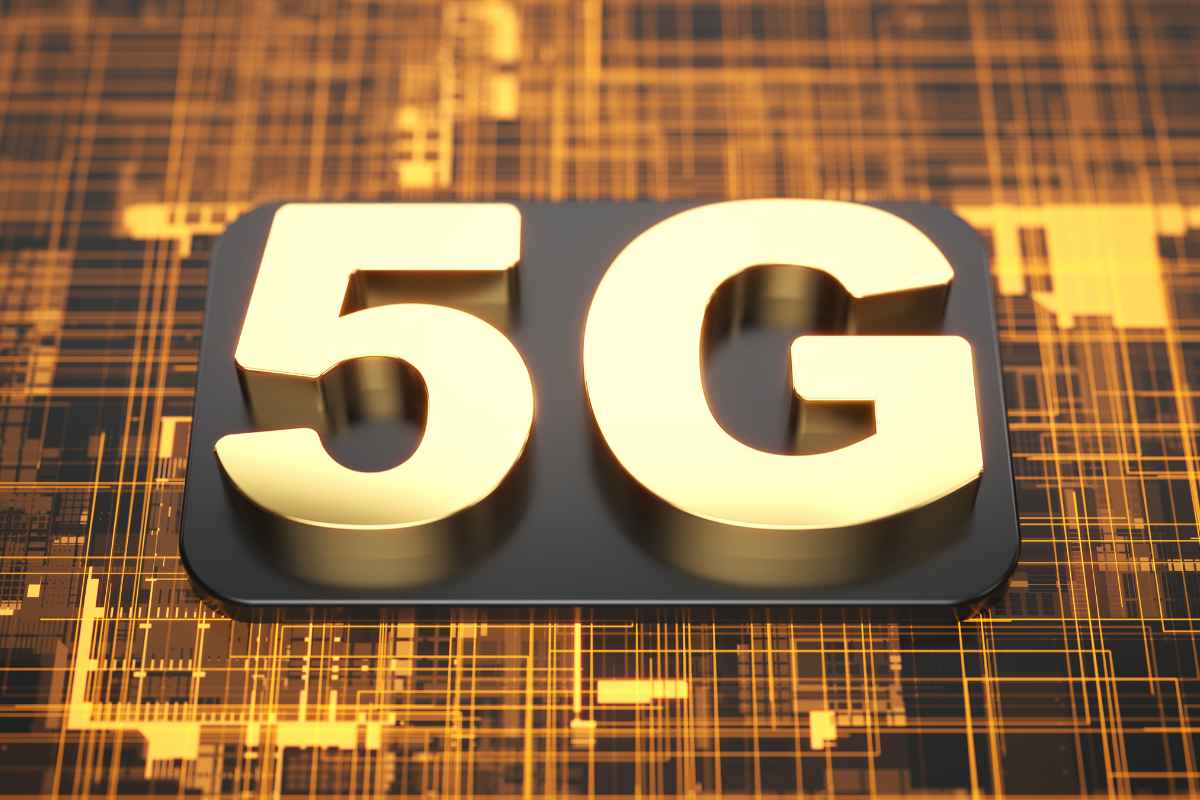The mega spectrum auction is all set to take place later this year and the regulatory body of the telecom sector held an open house discussion (OHD) on Tuesday. The telecom service providers and satellite operators, however, had a clash of views regarding the allocation of airwaves for the fifth-generation or 5G broadband services, and in particular the mmWave band. Both the parties asked for effective interference redressal.
The Issue of Allocating 5G Spectrum
According to a report from ET Telecom, the Vice President – Policy at Vodafone Idea, Ajay Mehta said in a statement that the reference provided by the Department of Telecommunications (D0T) clearly states that the spectrum from 3300 to 3670 should be allocated to the telecom service providers for International Mobile Telecommunications (IMT). He added that the spectrum quantity is not sufficient as it is only 370 MHz and it should be increased up to 4.2 GHz. Mehta further talking about the mmWave band said that it should also increase from 28.5 to 29.5 while at the same time allocating adequately to the satellite operators as well. He said that the increase in the quantity should happen over a period of time. The Telecom Regulatory Authority of India or TRAI held a virtual discussion on Tuesday in regards to the allocation of the frequency bands for commercial 5G services. It is to be noted that about 190 stakeholders participated from India as well as around the world. The Vice President – Regulatory Affairs at Bharti Airtel, Rahul Vatts said in a statement that India should adopt 3300 – 3800MHz frequency bands as the availability of contiguous and interference-free spectrum is crucial. He said that it is important that the spectrum remains interference-free for commercial use and it would be unfair if the spectrum is to be auctioned, to be paid for or remain somewhat underutilized. The issue of allocation of spectrum has been ongoing for a while now between the terrestrial network operators and satellite operators. The latter has cited case studies from across the world that suggests that there should be administrative allocation of the spectrum. On the other hand, the telecom operators, particularly Jio and Vodafone condemn any such move, suggesting that the same service rules shall prevail.
